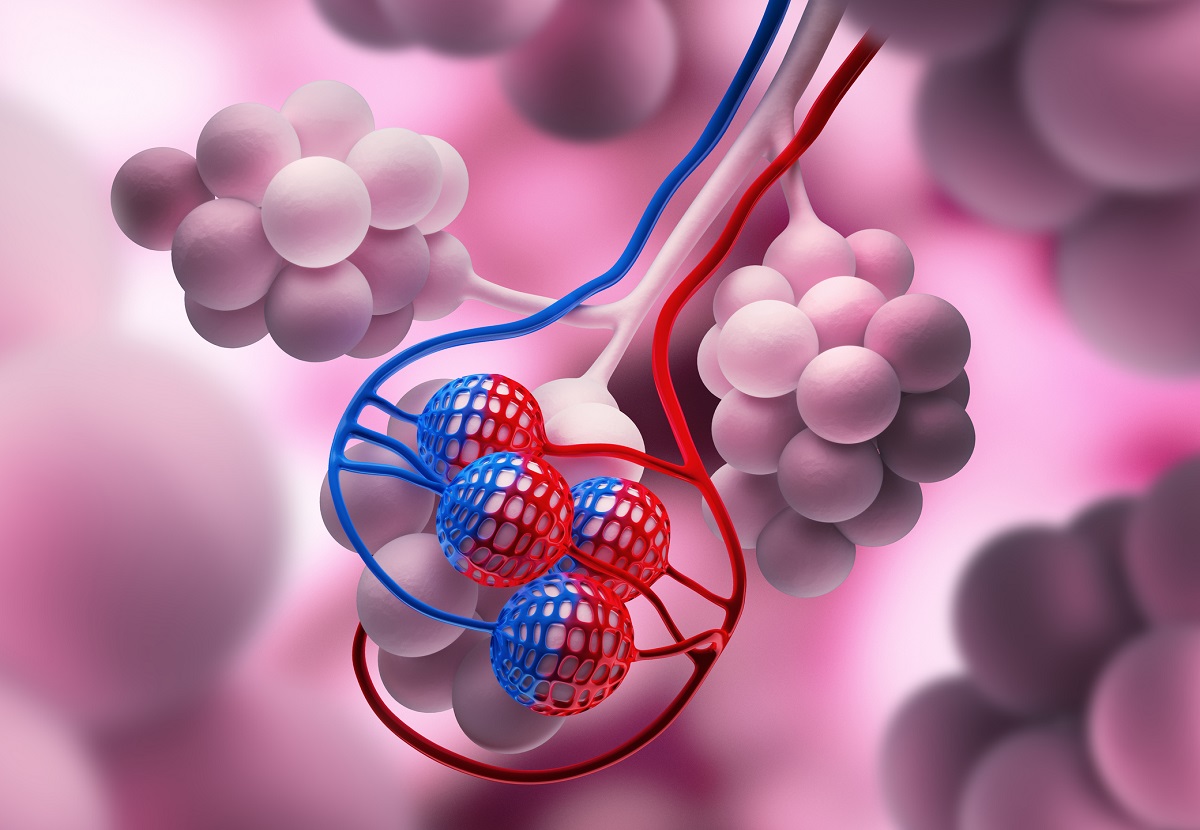KEY TAKEAWAYS
- The study aimed to assess prophylactic CAM and RP in lung cancer patients receiving IMRT.
- The results suggested CAM reduces Grade ≥2 RP in patients with lung cancer undergoing IMRT, warranting further clinical trials.
Takayuki Ohguri and the team aimed to assess how prophylactic clarithromycin (CAM) administration relates to radiation pneumonitis (RP) in patients with lung cancer undergoing intensity modulated radiation therapy (IMRT).
Researchers retrospectively evaluated 89 patients who underwent definitive or salvage IMRT for lung cancer. Median total and daily doses administered were 60 Gy and 2 Gy, respectively. CAM was administered to 39 patients (44%) for a median duration of 3 months post-IMRT initiation. The study analyzed the association between radiation pneumonitis (RP) development and specific clinical factors.
The results revealed that Grade ≥2 RP occurred in 10 patients (11%)—Grade 2 in 6 and Grade 3 in 4. Among patients receiving CAM, the incidence of Grade ≥2 RP was significantly lower at 3% (1/39), compared to 18% (9/50) in those not receiving CAM. Median lung V20 and V5 were higher in patients with Grade ≥2 RP (24% and 46%, respectively) compared to those with Grade 0-1 RP (18% and 37%). Additionally, administration of durvalumab post-IMRT was identified as a significant factor for Grade ≥2 RP.
The study concluded that prophylactic use of CAM could potentially decrease Grade ≥2 RP in lung cancer patients undergoing IMRT, suggesting a need for additional clinical trials.
No funding was provided.
Source: https://pubmed.ncbi.nlm.nih.gov/38925832/
Ohguri T, Morisaki T, Itamura H, et al. (2024). “Prophylactic Effect of Clarithromycin on Radiation Pneumonitis in IMRT for Lung Cancer.” Anticancer Res. 2024 Jul;44(7):2989-2995. doi: 10.21873/anticanres.17111. PMID: 38925832.



